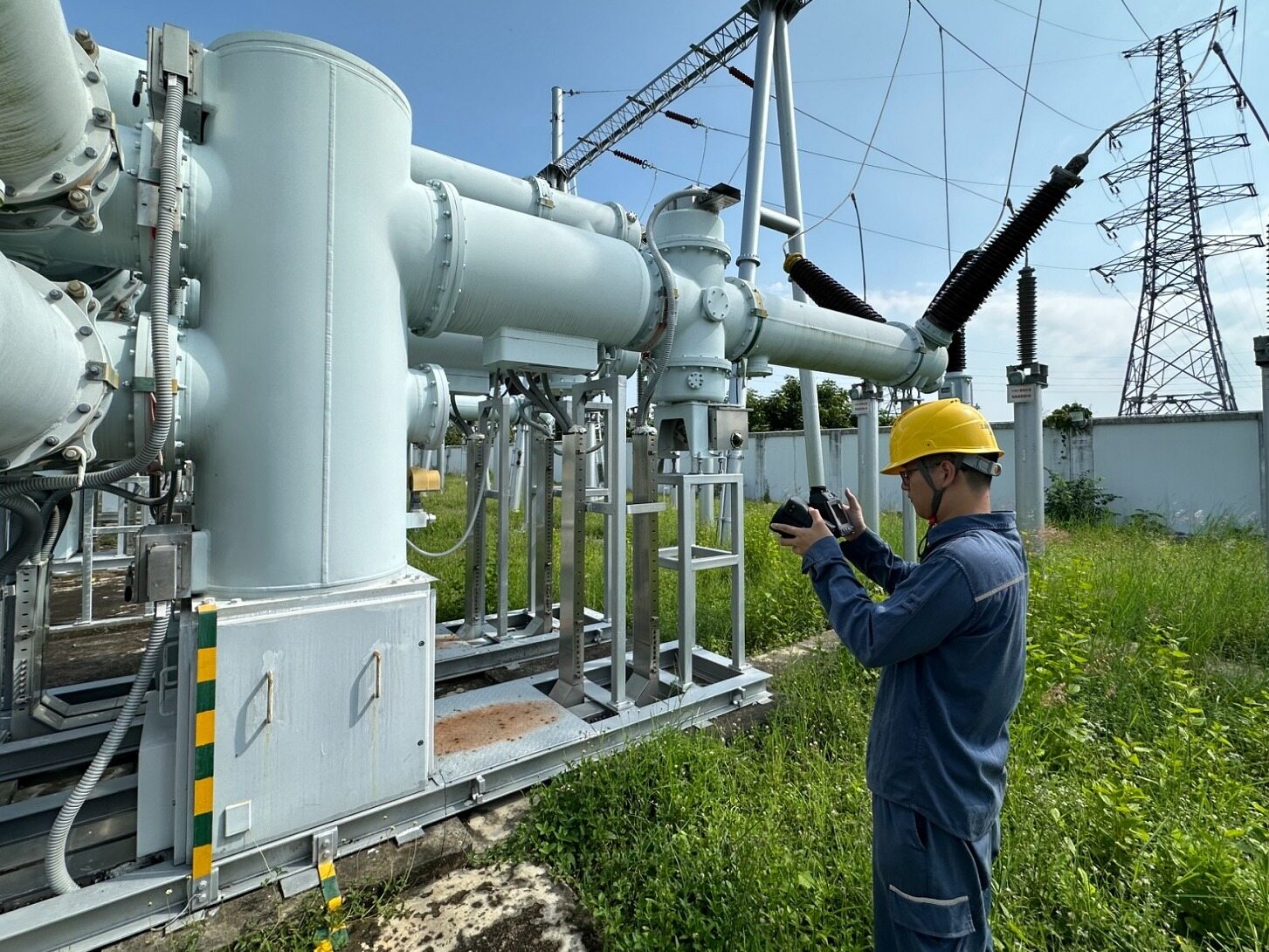- Belt and Road Digital Technology Promotion Can Accelerate Belt and Road Facilities Connectivity
- The Chinese government supports Senegal in building a three-dimensional network platform, so that the people of Senegal can share the development dividend of the digital economy

Recently, foreign media quoted market data as saying that among overseas investments related to the Belt and Road Initiative, large-scale infrastructure projects are decreasing, and soft investments in frontier fields such as digital information and biotechnology are beginning to increase.
Some African officials said that it was with the investment in the digital field of the Belt and Road Initiative and the support of Chinese companies that the country regained digital sovereignty from European and American countries. Some start-up pharmaceutical companies said that China's response is the fastest in terms of vaccine technology support for emerging economies.

Screenshots of foreign media reports
Overseas investment related to the Belt and Road Initiative is undergoing transformation. In 2022, China's foreign greenfield investment in information technology, communications and electronic components, that is, the total number of overseas subsidiaries participating in projects will total US$17.6 billion, which is six times that of 2013 when the Belt and Road Initiative was first launched. This means that China has more projects like the Senegal National Data Center among its overseas investments. The center is located in Diyamniaju, a new city about 30 kilometers east of Dakar, the capital of Serbia. It is managed by the National Information Bureau of Serbia and guarded by the army. As a China-Serbia cooperation project, the center will be financed by loans from the Chinese side and supported by equipment and technology from Huawei. The construction will be completed in 2021.
This represents the first time that Senegal will have its own structural framework for storing digital data. Sheikh Bakum, head of the National Information Bureau of Serbia, said: We got back the data that was originally stored on the servers of European and American companies, and regained data sovereignty while cutting costs.
In addition, Senegal has also built submarine cables and city surveillance cameras with Chinese funding. The camera surveillance data will also be analyzed in the data center using specialized software, Bakum said. Chi Yongda, an associate professor at Shibaura Institute of Technology in Japan, pointed out that China began to export domestically developed digital infrastructure in the late 2000s, and this trend has continued to intensify since 2013 as Huawei expanded its overseas investments.

Senegalese officials visit the soon-to-be-delivered Senegal National Data Center
Another field witnessing investment growth is biotechnology. According to reports, between 2013 and 2022, China's investment in this field has expanded by 29 times, reaching 1.8 billion US dollars, or about 12.44 billion yuan. Among them, the development of the new crown vaccine is the most representative. According to the report, by the end of 2022, China, which is committed to assisting emerging countries, has exported about 2 billion doses of vaccines to the world, while Europe, home to the main vaccine manufacturers, is focusing on meeting local needs.
Etana, an Indonesian start-up biopharmaceutical company, said that China's Aibo Biotechnology has licensed the mRNA vaccine research and development technology to the company. In 2022, Etana will complete the construction of its local mRNA vaccine production base in Indonesia, with the goal of producing 100 million doses of vaccine. This will also be Indonesia's first locally produced new crown mRNA vaccine.
Andreas Downey Pracasa, director of corporate relations at Etana, said: "Technology licensing is a shortcut to keep up with the world. China's response was the fastest.
In order to promote the reduction of greenhouse gas emissions, China has previously promised to vigorously support the green and low-carbon energy development of developing countries, and will not build new overseas coal power projects. Today, Belt and Road investment in fossil fuel development has plummeted to one percent of what it was 10 years ago. Investment in metals-related projects has also been declining since 2018.
According to foreign media analysis, part of the reason is that compared with iconic large-scale infrastructure projects, soft investment can do more with less money. The report pointed out that fossil fuels require an average investment of US$760 million per project, and mineral resource projects require US$160 million, while each project in the biological field requires only US$60 million and IT services require US$20 million.Editor/Ma Xue
Comment
 Praise
Praise
 Collect
Collect
 Comment
Comment
 Search
Search














Write something~